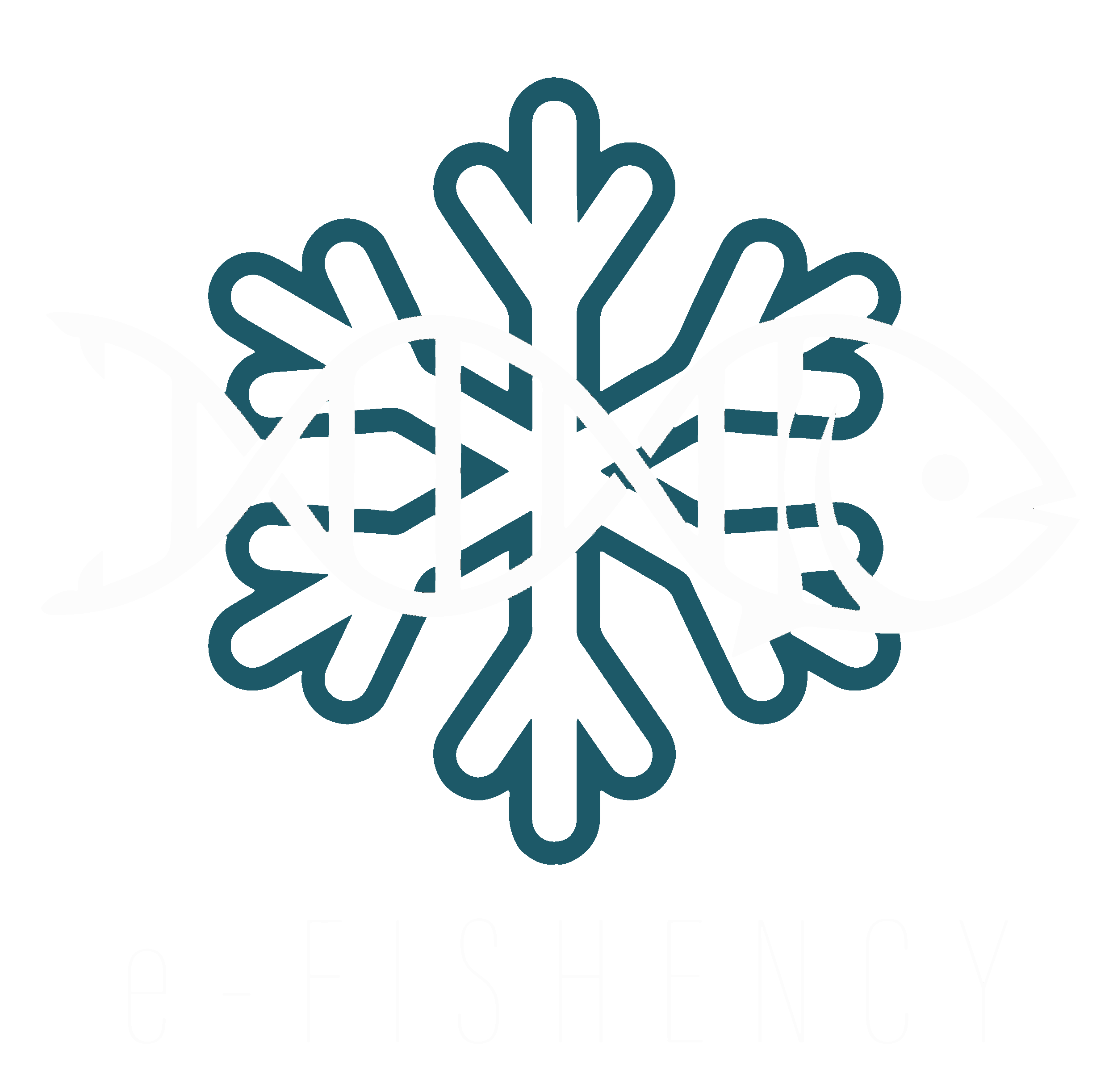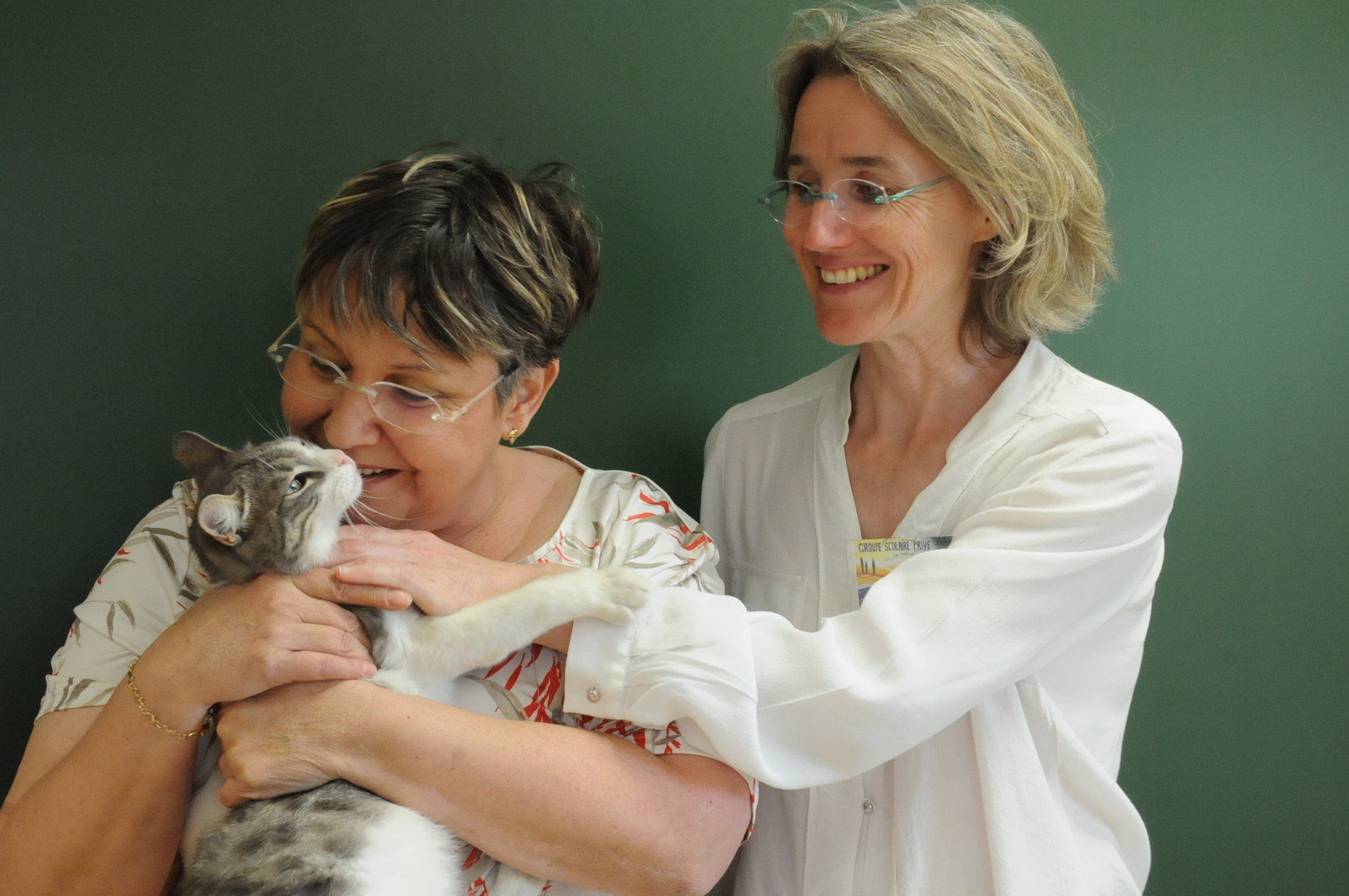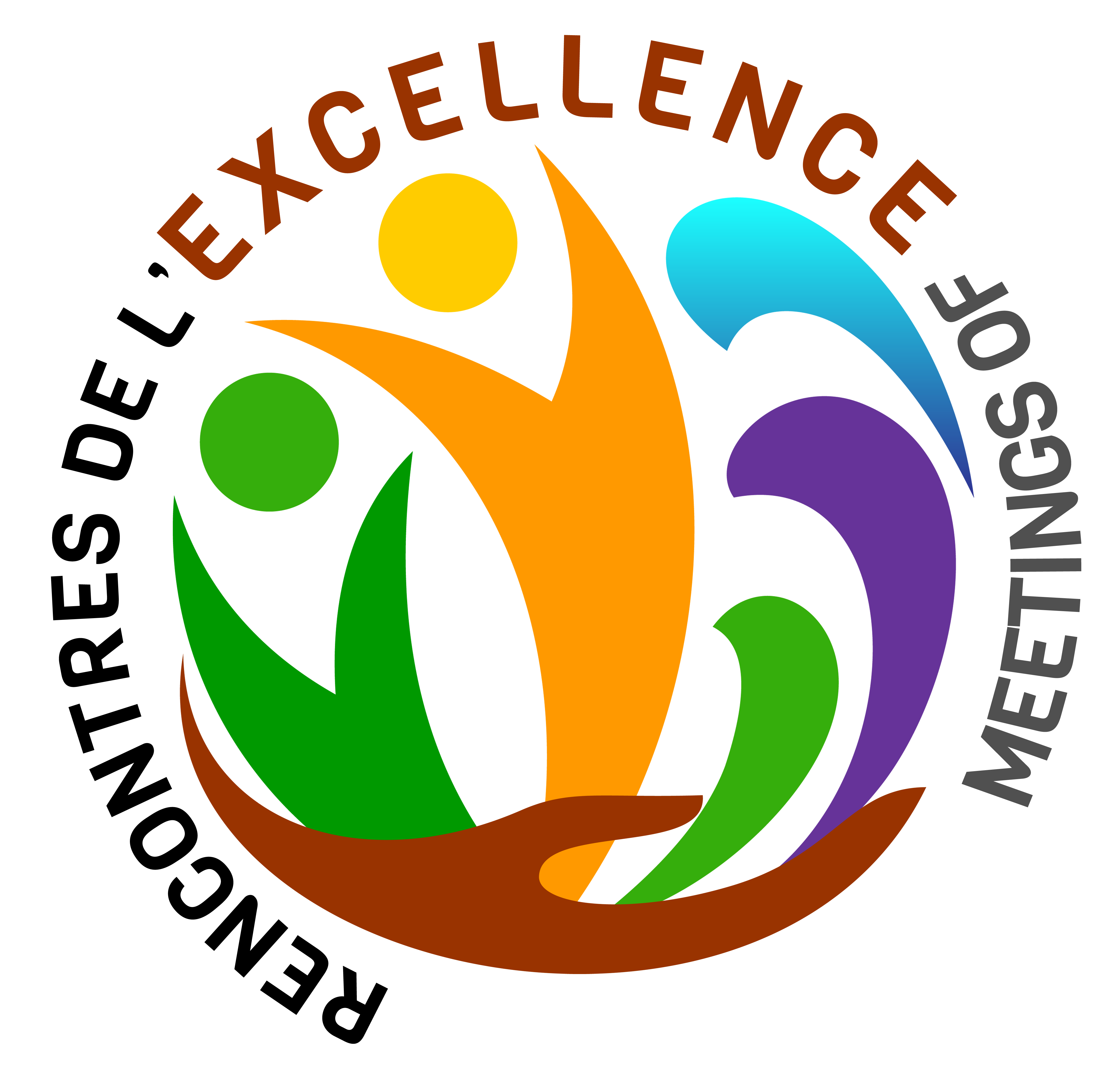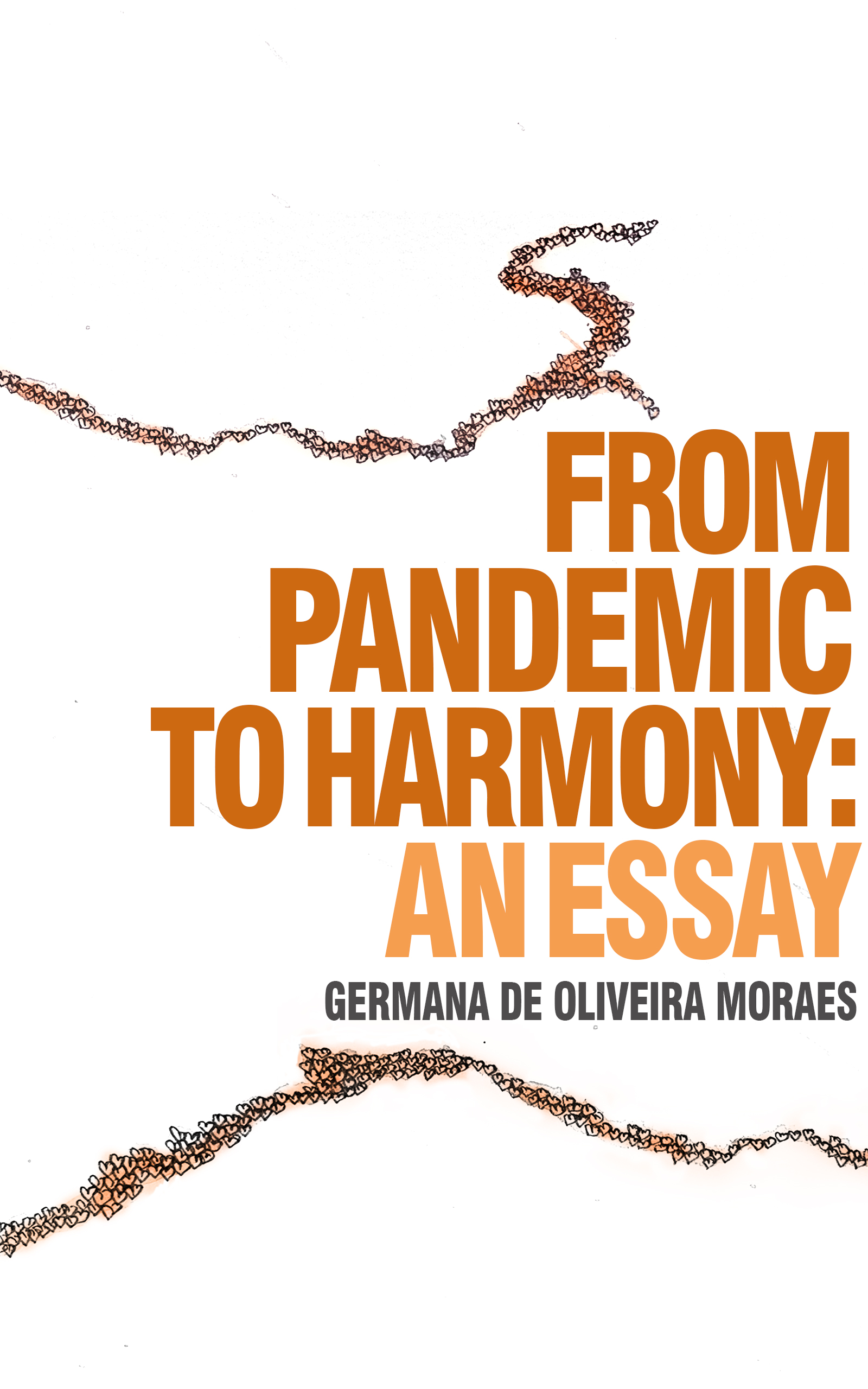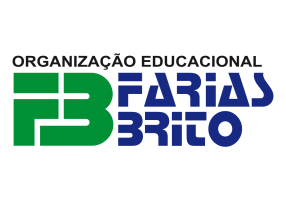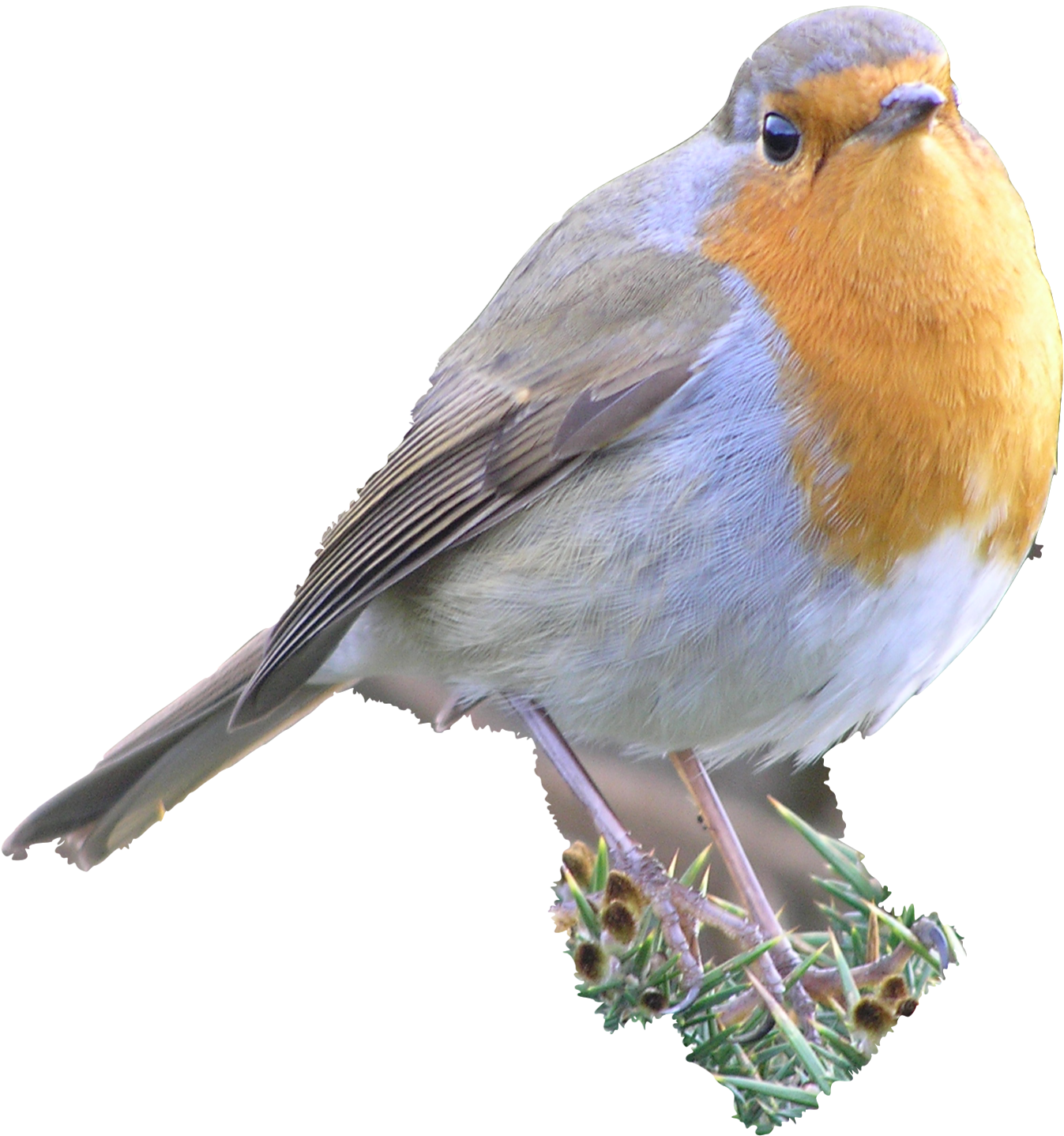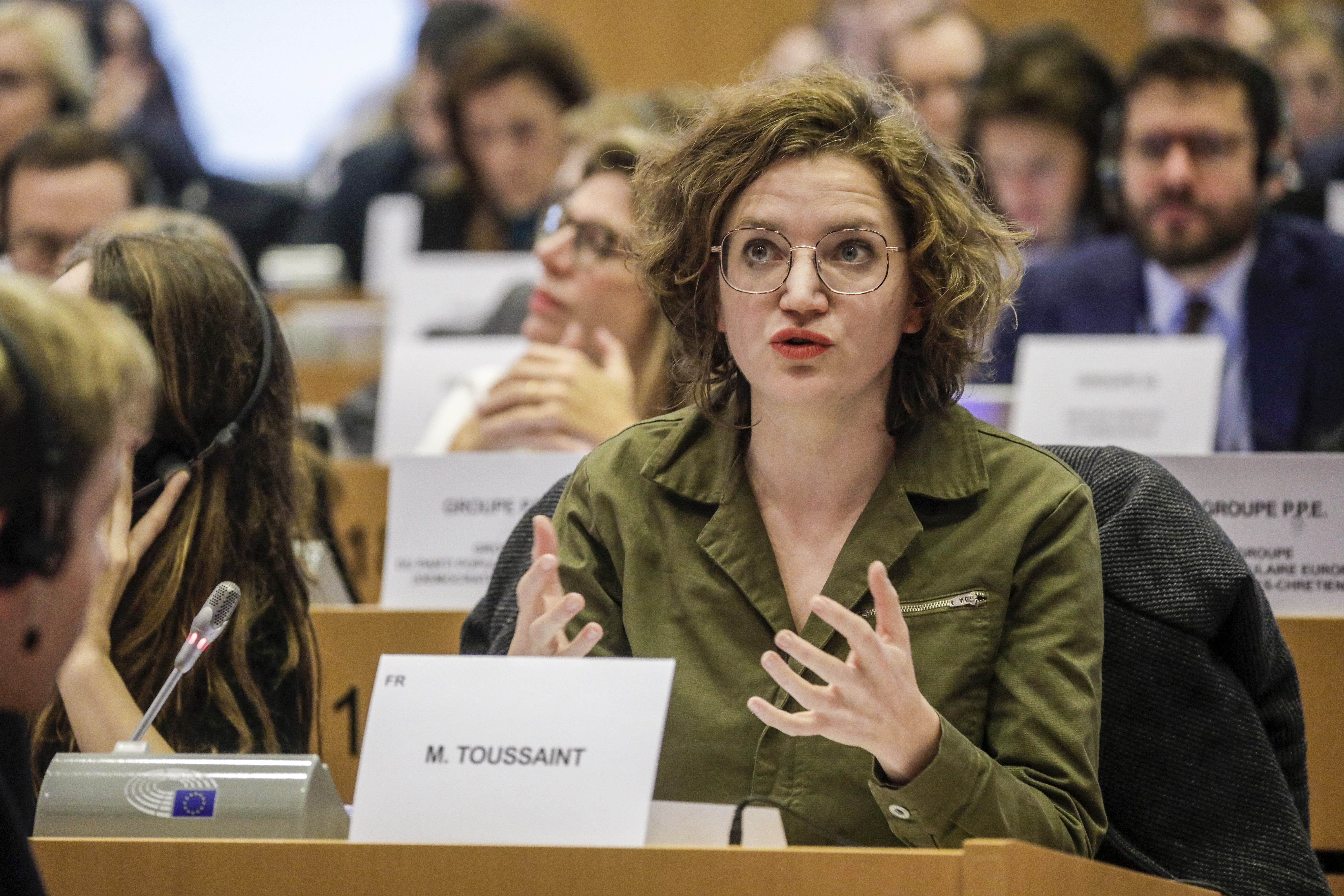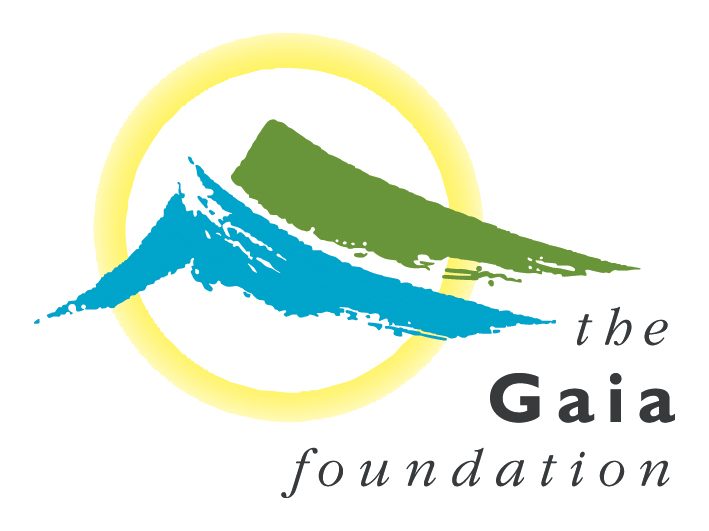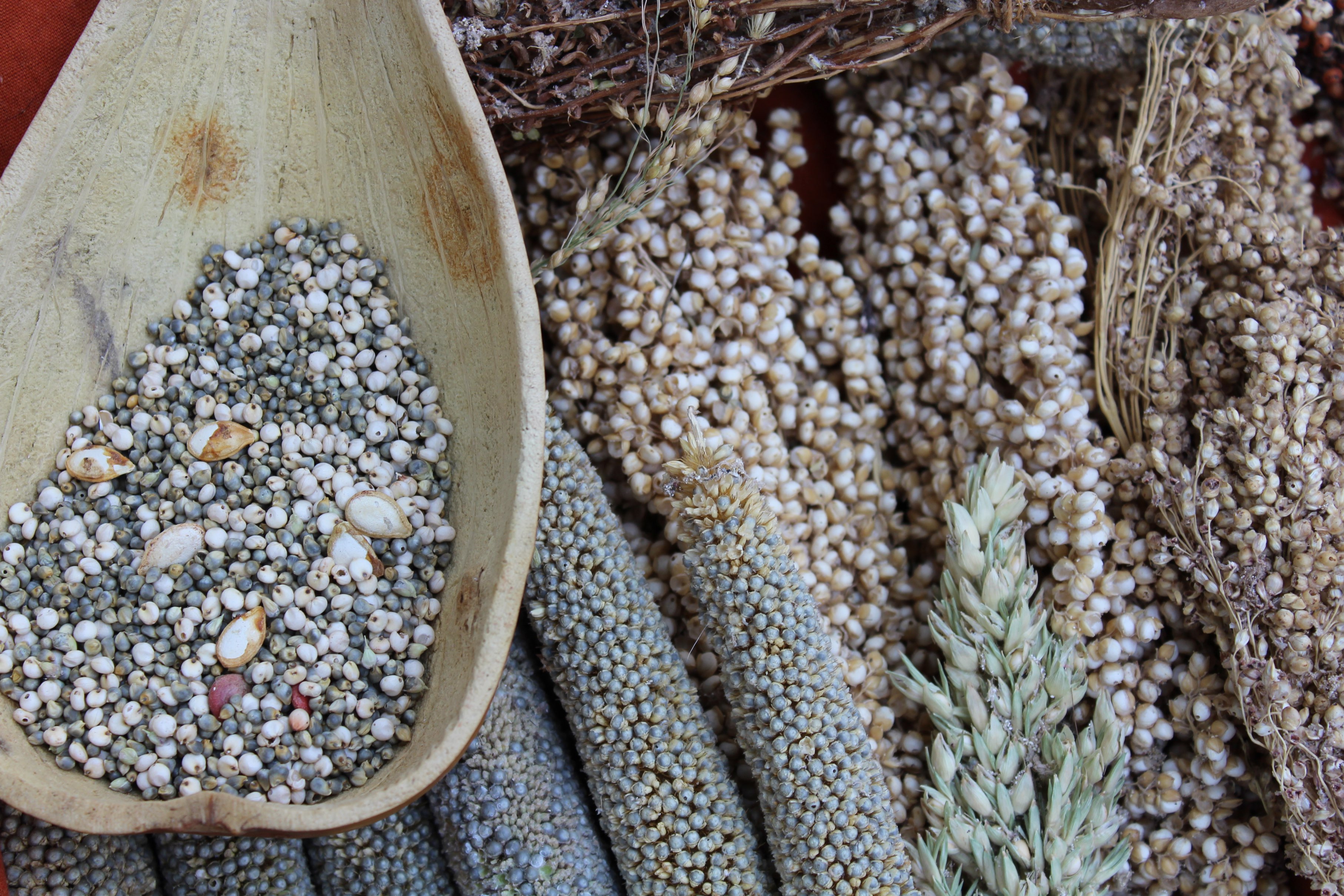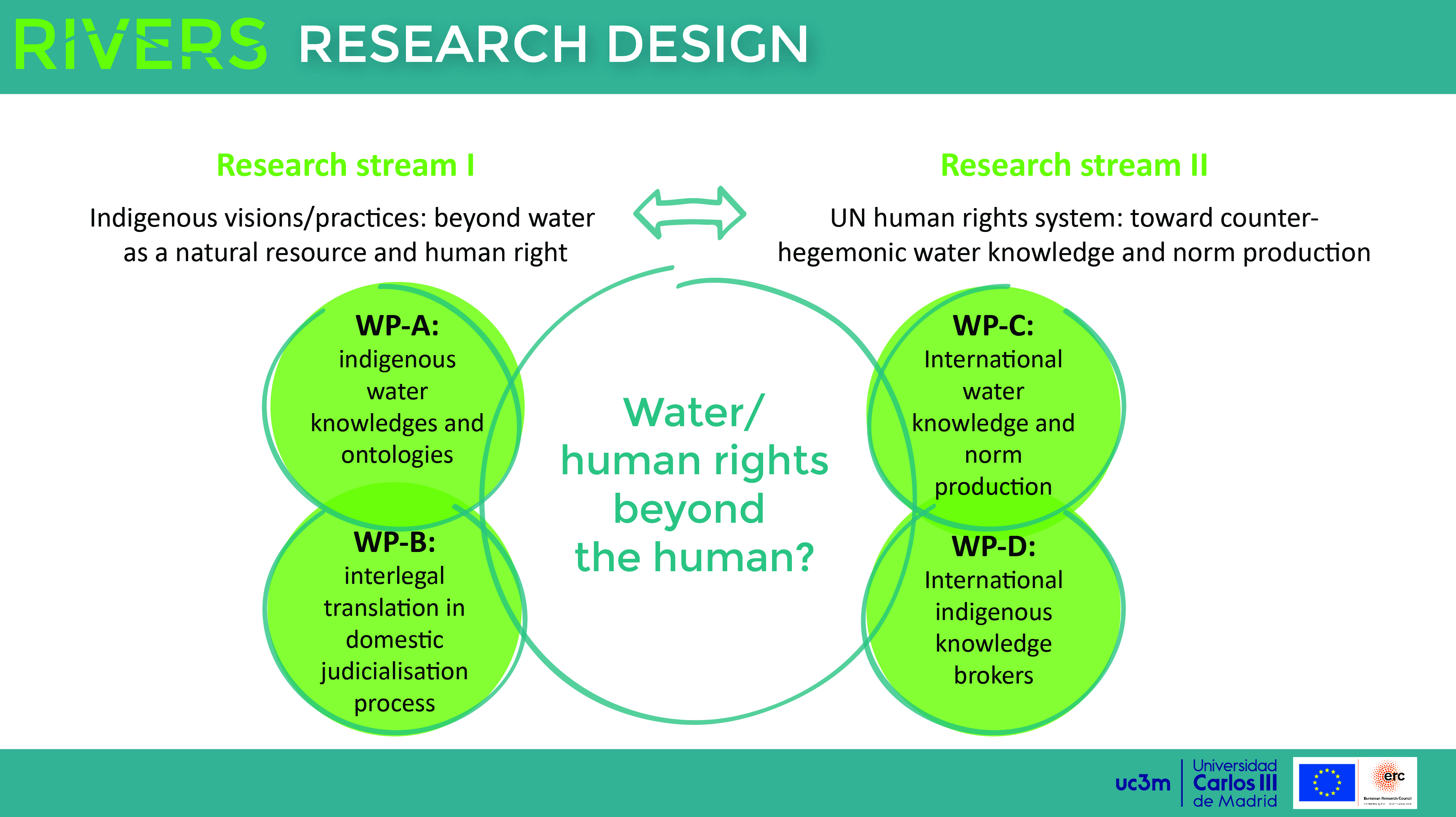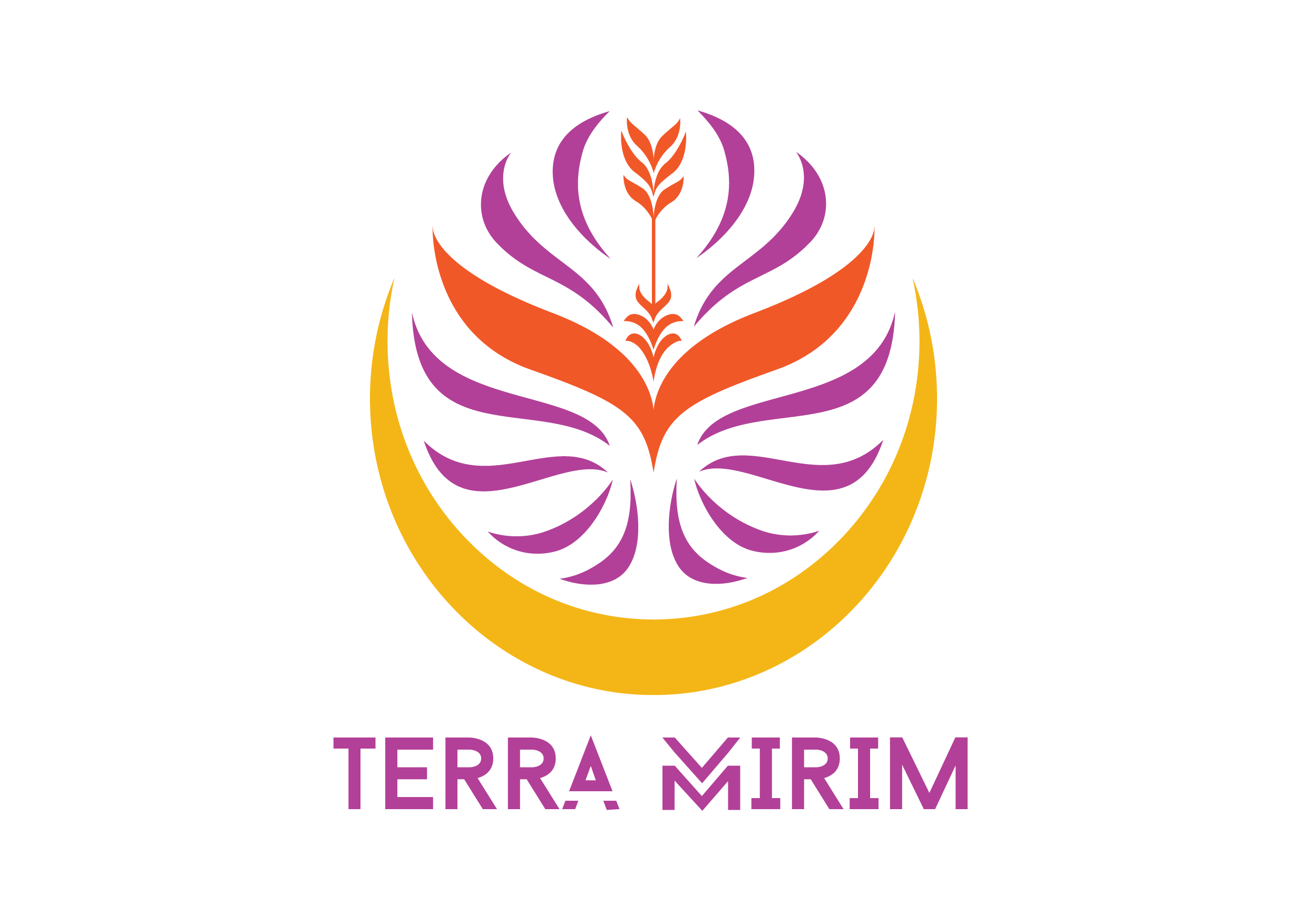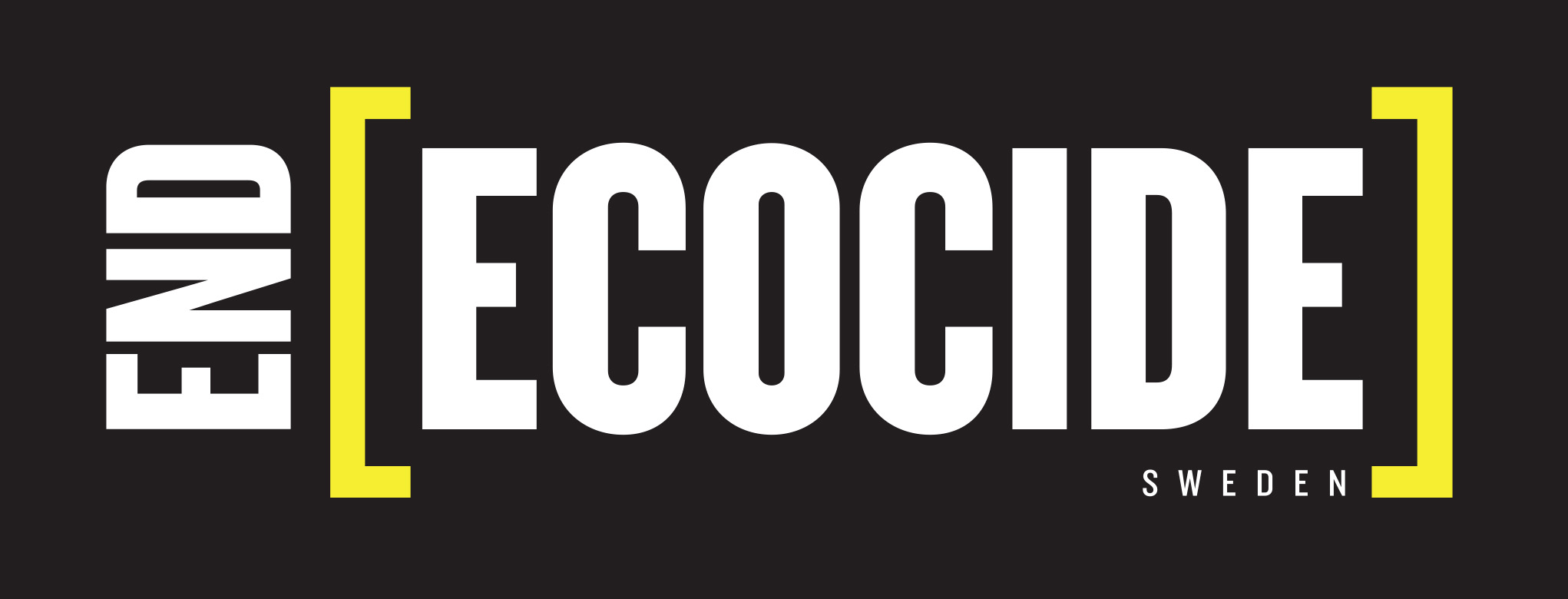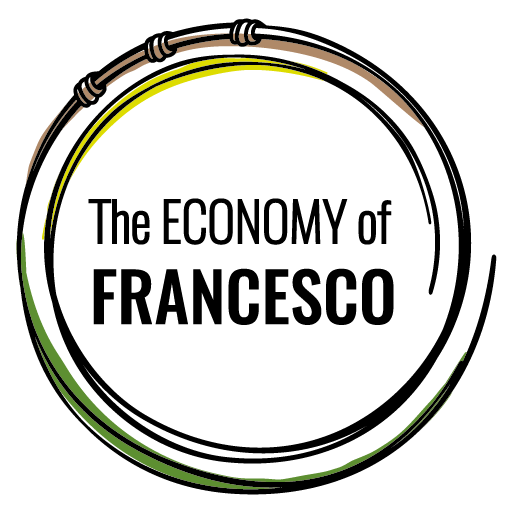Home > Records > Rights of Nature for Peace and Sustainable Development > United Nations - 2020 December 8 - Rights of Nature for Peace and Sustainable Development - Annual International Conference
9th Annual International Conference on Rights of Nature for Peace and Sustainable Development - 7 to 9 December 2020, United Nations Conference organized under the aegis of the United Nations Program for Harmony with Nature
(Other continental or worldwide interested networks, please contact us)
| Monday December 7 aftermoon, Tuesday 8 December whole day and Wednesday 9 december morning, 2020
from 09:00 to 18:00 Tuesday evening, de 19:00 à 23:00 : Networking Dinner of Rights of Nature Networks |
FREE ENTRANCE UNDER SUBSCRIPTION (United Nations Access Pass) Simple Contribution to the Fees (See Form Below) |
| Presentations was in english and french. Debates and questions was organized in english and french. Thank you to use the form at the bottom of the page to subscribe including only for audience. | |
| Leading Projects of Education to Science and Citizen Sciences since 1992, and creating 1st Participatory Researches Camps in 2004, the NGO Objective Sciences International have the Special Consultative Status to United Nations. Active in all continents, the NGO organize every year, since 2012, the International Annual Conference on Rights of Nature in United Nations, at which one participate all Governments actives in this domain or interested by these works. The objective of this Conference organized into the heart of the United Nations hemicycle is to allow all the actors and operators in these domains to exchange, meet and share directly and at the largest international level. | |
| Interactives Dialogues of the UN and Rights of Nature The experts who are solicited annually by the Bureau of the United Nations in charge of the initiative Harmony with Nature, exchange already at national and continental levels (Europe, North America...) following diverse groups of themes. This Conference organised in December permit to work on the results of the High Level Interactive Dialogues that was done, and to prepare the objects of thinking for the next Interactive Dialogues. The one who want to exchange and share their ideas, practices and solutions, at worldwide level, meet at the end of the year for the International Annual Conference organized in United Nations. | |
Protection of Nature / Legal personality of Nature / Living Beings / Sustainable Development
Several public or associative organizations, and citizens, that are active in the domain of Rights of Nature, federated or organized, at the international level. The main national actors, the federations, and the specific operators, organized presently at the international level, and are called to meet annually at the end of the civil year, at the International Annual Conference on Rights of Nature, at United Nations, in Geneva.
This annual space of sharing results and pooling of skills, allow to the actors of the domain to exchange practices, solutions, ideas, needs.
Your Annual Exchanges Resource
In the following of the national and continental meetings that are organized in each country and continent by the local federation, this International Annual Conference at United Nations allow the actors to implement in consultation, or to inform mutually, of progress and actions they lead during the year, or that they have in project.
The participants at this Conference are:
- Local and regional actors of different countries
- Thematic Actors by disciplines
- Regional or national federations
- Thematic Federations, by disciplines
- Large Institutions of Rights of Nature
- Associations of Defense and Protection of Nature
- Government departments (Environment, Education, Research, Sustainable Development...) and international associations of Ministries
- Specialized Journalists (law, science, environment, education, sustainable development ...)
- UN agencies (UNDP, UNEP ...)
Subjects that are in the agenda of this conference are the axis topics the United Nations Program for Harmony with Nature :
- Earth-centered Law
- Ecological Economics
- Education for a natural behaviour of respect of Nature
- Holistic Science and Researches
- Humanities for Rights of Nature
- Philosophy and Ethics
- The Arts, the Media, Design and Architecture
- Theology and Spirituality front of Rights of Nature
|
Detailed Program
Exchanges between stakeholders of the meeting took place in dynamic pitches followed by sub-groups you can contributed, in round table between speakers and of course debates with the audience of the Assembly.
Organiser : NGO Objective Sciences International, Geneva
Chairman:
| Mr Thomas EGLI CEO GENEVA FORUM at United Nations : www.osi-genevaforum.org Know more about Thomas EGLI, Founder of Objectif Sciences International, CEO of the GENEVA FORUM |
Co-Chairpersons:
| M Colin ROBERTSON Lawyer-linguist Member of the Rights of Nature networks |
| Mrs Doris RAGETTLI Founder Rights of Mother Earth : https://www.rightsofmotherearth.com/ |
| Mrs Vanessa HASSON Lawyer Director of MAPAS (Methods to Support Environmental and Social Practices) : http://www.mapas.org.br/ |
Here the Programme of the 5 days of GENEVA FORUM of December 2020, where are described the days dedicated to the Conference on Rights of Nature for Peace and Sustainable Development Goals.
Official Opening Session - Tuesday 8 December 09:00
Session organised in partnership with Rights of Mother Earth, the Bureau Harmony With Nature of United Nations and Objectif Sciences International.
- Keynotes
- Remarks on current situation
- Remarks from the side of the Governmental Representations represented
Presentations currently proposed for 2020
Validated Presentations
| Rights of Nature - Projects (Session 1/2) |
|---|
| Tuesday dec 8, 3pm-5pm (Geneva Time) |
Impact des investissements chinois au Kasai Oriental, cas de la SACIM ORAL PRESENTATION
Since March 2013, the Congolese government has signed an agreement with an Anhui Foreign Economic Construction, Limited Corporation Group (AFECC) to create a joint venture, a Sino-Congolese mixed company called SACIM (Société Anhui Congo d’Investissement Minier) where the Congolese state owns 50% of the shares and the remaining 50% is held by the Chinese company AFECC for the exploitation of diamonds in the concession which formerly belonged to the Congolese Mining Investment Company (SCIM). This agreement is encountering difficulties in its application with regard to human rights in general, in particular those of local communities.
In addition, the operation of SACIM is dependent on the advent of environmental problems on the one hand and on the other hand on recurring social conflicts internal to labor law and external relating to the rights of local communities impacted or affected by exploitation. . To do this, the communities complain about the failure to take into account the rights recognized to them by the mining code in relation to its development, failure to take into account social responsibility, the future of future generations being mortgaged. Concerning the social of workers. Concerning workers, beyond general violations of the labor code, the right to organize until working hours.
In addition, in terms of environmental protection, soil degradation is accelerated and does not allow the renewal of natural vegetation, thus intensifying the harmful effects of global warming in the area, which has negative impacts on the socio-community level. and environmental.
Moreover, the fear of communities is a function of the poor governance experience of extractive mining companies such as MIBA, SACIM and others. The consequences of this mining contract concluded between AFECC and DRC are far from being implemented in accordance with the agreement and fall short of the results recorded by the exploitation, do not guarantee the rights of affected or impacted communities, in opaque management with less traceability.
It is therefore appropriate to suggest as a possible solution:
- SACIM’s proofreading of the agreement as well as the various national laws to apply them,
- Resume discussions with the communities and comply with the recognized communities in accordance with procedures. In addition, take into account workers’ rights in accordance with the law,
- Enforce environmental measures by keeping the area to be exploited out of danger for future generations,
- Strive for compliance with EITI measures by making essential information accessible with transparency.
Mr Dieudonné TSHIMPIDIMBUA, Democratic Republic of the Congo, www.cnongdrdc.org
Sustainable cities: Password Green ORAL PRESENTATION
To get to 100% resilient cities is paramount to be aware of the need for a systemic process There is one pillar that has a key role: innovation in technology and architecture in conjunction with the creativity of building new behavioral codes political and individually. Without innovation, all sides of this revolutionary process mean nothing if it is not combined with a strong political will and a smart distribution of resources.In this process of adaptation, Education delivers “adaptive minds” able to become a catalyzer of changes by reforming the system into an holistic way. Therefore politics, economics, finances and civil society must joint together in an effort to change habits and boost creativity towards green minds. Full system reform...
Mrs Mar. INTROINI, The sustainability reader, Spain, http://www.thesustainabilityreader.com
Creation of an ecological equestrian farm unique in its concept with a holistic approach ORAL PRESENTATION
Passionate about my beloved Haute-Loire and horses, in 2007 I decided to transform a wooden floor devastated by the 1999 storm into an eco-educational and responsible place.
How ? Well :
- By using the materials present on the site - wood, straw, lime, etc...
- By thinking about a production aiming at being autonomous/self-sufficient : Everything that is present is useful.
- Starting from nature itself : the mineral (straw and lime building, rainwater recovery), the plant (meadow, permaculture garden, reed sanitation), the animal (ponies, hens, goats) each pole feeds the other and has an impact. The waste is food. The aim was to find a balance at all levels in the running of the farm.
- By teaching a different kind of riding based on a better knowledge of oneself through the animal. Becoming aware of one’s emotions, the pony is the mirror of the human being (at last those who accept the challenge !!!). Working hours for them, conditions resembling their natural environment living in a herd with a healthy diet.
- By inviting hikers and nature’s lovers to discover how the farm works through itineraries path on foot or on ponies to become aware of the eco-sustainable operation of the farm.
- By offering to come and sleep at the rhythm of nature in a teepee or tent among the ponies.
- By setting up educational projects with the national education system to work with schools throughout the year and according to the seasons.
The farm is a microcosm in the fragile balance that is our nature. The closer we are to this natural and respectful cycle, the more we become a responsible actor of our life and our planet.
Mrs Claire GRANGER, I.U.P.P.N., France
The issue of soil pollution solved using organic farming#2: tried-out research of soil biodiversity ORAL PRESENTATION
According to the research of the issue of soil pollution solved using organic farming#1, the case study from Thailand (Pathawit and Siripen, 2019). The work is part of the Bakery for tomorrow and ECO Bakery for Friendly Environments projects, which focus on producing safe food, achieve zero hunger and a healthy environment to support the SDG 2030. Which has focusing on the way to retain and recover the soil for rice planting from the destroyed by agrochemical’s usage. The agricultural methods as organic agriculture and crop rotation by legumes planting for organic fertilizers instead.
For this tried-out research, we focusing to studied the soil biodiversity, which are the contribution from this organic farming, which is essential to the production and sustainable agricultural productivity including to be the nutrition for the rice such as the soil macro-fauna biodiversity. The organic farming where used legumes plant as the crop rotation method in rice planting.
Those chemical properties of the soil include to the cation exchange of the organic and the physical properties, soil moisture and organic degradation have related with the number and type of the soil macro-fauna biodiversity. We found that the highest value index of biodiversity was the phylum arthropoda order acari family oribatidae as Mites and also: Collemboly, Springtails, Caterpillars and Ants.
From studying biological diversity of fauna in the soil of rice paddy organic farming by legumes as corps cultivation. It has created the fauna in the soil, which has useful for the rice in the next corps. It’s made and transformed organic decomposition, cation exchange, effected to the soil’s physical properties such as increase soil humidity for degradation rate organic objects, adjust pH values, which have related to the increasing of number and type of those fauna in the soil.
Keywords: The Issue of Soil Pollution Solved Using Organic Farming, Research of Soil Biodiversity, the Bakery for tomorrow, safe food, the achieve zero hunger research, ECO Bakery for Friendly Environments projects, The soil biodiversity fauna from organic farming.
Mr Pathawit CHONGSERMSIRISAKUL, Panyapiwat Institution of Management, Thailand, www.pim.ac.th
e-Fishency - Revolutionize artifical reproduction in aquaculture and conservation ORAL PRESENTATION
We join our passion for the aquatic life and our scientific expertise to improve artificial reproduction practices. We believe that science can help people and nature to thrive together. Together, we help managers to improve their restocking practices to restore the health of our aquatic ecosystems. We want to stand by fish producers that want to build the aquaculture of tomorrow, using evolutionary principles to improve yields without artificial selection. Together, with science, we move along with Nature, not against
Mr Christian DE GUTTRY, Mr David NUSBAUMER ; University of Lausanne, Switzerland, https://www.e-fishency.ch/
Candide pedagogy : an openness to life so that knowledge of the animal world leads to better intelligence and incruised understanding between species ORAL PRESENTATION
Through our six years of experience in the heart of a school group that is totally unique, we were able to verify the impact of ronrontherapy on reducing student stress, increasing their feeling of happiness and improving their academic results.
Since our last participation in the Geneva Forum in December 2018, we have created a new association: "animal intelligence at the heart of Candide pedagogy", in order to offer the world our discoveries through concrete actions of creations of high-level schools authorizing the animal as a primary vector of interest, curiosity and passion.
It is above all not a question of using the animal as an object but of sharing the space so that the young human being will reconnect with this animal intelligence and communicate with it. It is by understanding the needs of living species that humans will help protect the Earth in the ecological and climatic emergencies we are experiencing.
From now on, we have chosen to orient our activity towards these less fortunate countries than ours, often located on other continents, certain that through instruction, discovery and physical encounter with animals, children progress in their innate qualities of love, respect and tolerance for the living world.
Mrs Céline BRUSA and Michèle BOURTON, Association ’l’intelligence animale au coeur de la pédagogie Candide’, France, http://www.lien-organisme.com
Meetings of Excellence and Rights of Nature : a program to develop leadership and awareness for young people ORAL PRESENTATION
Since 2009, this OSI program has been teaching transversal skills to young people between 13 and 18 years old, enabling them to improve their public speaking skills, to understand and exercise their leadership skills by carrying out a project of their choice, to conduct surveys on proposed topics. Since 2014 the awareness to the Rights of Nature and ecosystems related to a problem are the field of their adventures. I will tell you about the adventures of 2020.
Mrs Michèle EGLI-WACHS, Objectif Sciences International, France http://www.rencontres-excellence.com/
From Pandemic to Harmony: an essay ORAL PRESENTATION
Today’s Pandora has a new form. It took the form of the new coronavirus, which generated Covid-19’s disease. Like Pandora, it reopens the box of evils increasingly covered up today by daily distractions. Pandora, with the mask of the new coronavirus, emerges at the moment when humanity was inclined to choose the path in which they would neglect their human condition. Humanity was inclined and can continue to incline to dehumanize itself more and more by the distorted use of digital technology and artificial intelligence, to the point of trying to restrain the free expression of the “senses” through hyper vigilance, and to delude itself with the existence of life beyond Nature. In times before the pandemic, there was already a strong disdain of the infinite potential of life and intelligence as a condition of being human, with the capacity to “read between the lines”: to understand, discern and make conscious choices.
The Covid-19 pandemic, Pandora’s new mask, highlights the most hidden conflicts of human existence. It forces us to return home. To the inner home; to the home where we live; to Mother Earth, our common home, and to our cosmic home. It shows us the paths that lead to our ancestral roots and to life in community. It heralds the triumph of brotherhood, cooperation and solidarity over selfishness and competitiveness. It brings issues such as the need of the State, combined with the limits of its sovereignty and social organization in community. It places us at crossroads that we do not want to see, such as between self and others, between nationalism and globalization, up to the point of revealing the conflict underlying the conflicts: the choice between Eros and Thanatos, between life and death. This conflict becomes more evident in the false dilemma between economy and life and in the drama of Sofia’s choice, experienced by health professionals, compelled to select which patient will receive medical care, insufficient for all.
With the unveiling of the buried conflicts, the "coronaworld", a new Pandora’s box, also brings with him the hope, that he cries out for free... Hope that, in the future, every being and humanity may awaken from the veil of illusion. May we, in the present pandemic, free ourselves from the world of various enclosures in which we had chosen to live before the pandemic and trust to follow new and more human paths. Social isolation represents the ends of this self-created world. It highlights deep disruptions and shows the possibility of a reset in lifestyles and the co-creation of a new world, where all beings can have rights and live in harmony. A post-Pandemic world where the conflicts uncovered by it can be overcome by humanity, where every being can reach life in fullness and all beings, human and non-human, are subjects of law. The pandemic of the new coronavirus, by provoking a sudden stop in the world, allows many people to establish it as a milestone for a life in harmony with Nature, as advocated by the United Nations Harmony with Nature program (www.harmonywithnatureun.org).
Mrs Germana de Oliveira MORAES, Federal University of Ceará, Brazil, http://www.ufc.br
Nature with capital N ORAL PRESENTATION
Nature, Naturaleza, la Nature, Природа, 性質, الطبيعة. It is no coincidence that in the documents of the UN’s Harmony with Nature Program, published in English, Spanish, French, Russian, Mandarin and Arabic, Nature is written in capital letters.
Proper nouns by grammatical rule are spelled with an initial capital letter. In this way, identity and importance are attributed to the nominee, emphasizing its meaning, and allowing it to be assigned a specific one.
In a context that has as a paradigm an Earth-centered vision, designating Nature as its own name strengthens the cause of this UN Program for the legal recognition of the same rights among all beings of Nature.
Nature, our Mother Earth, not as an object or property, but as a legal subject with legal personality, whose intrinsic value is recognized in all reports of the Harmony with Nature UN program, must be represented by the word Nature written with a capital N.
The Educational Organization Farias Brito supports this cause and fully embraces the proposal of the Harmony Manifesto published in Brazil in June 2020 (http://files.harmonywithnatureun.org/uploads/upload943.pdf) of spelling, in Portuguese, Nature with initial N capital. Therefore, on the same 5th of June 2020, Farias Brito launched the “Nature with a capital N Campaign”.
The “Nature with a capital N Campaign” has been developed, in Brazil, with professionals of Literature and Linguistics, professors, grammarians, philologists, writers, journalists, advertisers, translators, proofreaders, Literature and Linguistics Institutions, Literary Academies, Academies of Portuguese Language, Academies of Rhetoric and other representatives from academia and civil society.
The objective, actions and plans of the “Nature with a capital N Campaign” will be presented on video, with the intention of also sensitizing other Nations of the World to the cause of Nature Rights and, in particular, to the spelling of the word Nature, as a proper noun, with the initial letter N capitalized.
It is already possible to verify the term spelled as a proper noun in the publications of the documents of the HwN UN Program, simultaneously published in English, Spanish, French, Russian, Mandarin and Arabic.
A small change, but with great symbolic value: changing a letter to certify a change in the world view in relation to Nature and the rights defended by the program.
Valuing Nature should be a rule. Grammar and conduct-wise.
Mrs Danielle Cabral, ORGANIZAÇÃO EDUCACIONAL FARIAS BRITO, Brazil, https://www.fariasbrito.com.br/
| Rights of Nature - Law (Session 2/2) |
|---|
| Tuesday dec 8, 6pm-8pm (Geneva Time) |
Rights of Nature, Representing Nature in Law, Some Reflections ORAL PRESENTATION
This presentation reflects on representing Nature. It starts by observing that we are destroying our life-support systems but still have time to act if we move fast. We must place Nature and Mother Earth at the centre. COVID-19 has proved health comes before wealth. Nature works in partnership and it is a matter of management, eco-management. An important element involves representing Nature in law by humans.
The presentation reflects on how Nature is conceptualised in terms of wildness or other, and asks about the rights for each being in Nature. Nature is to be seen as a stakeholder in legal texts, an actor, subject and partner. Human – nature partnership has always existed, think of agriculture and horticulture. Seeds are at the centre of life and there is the industrial vision and Nature’s vision through population diversity. Nature needs to be represented by humans in legal texts, and there is a variety of ways to achieve that. However, finance and funding is crucial. The key question is whether there is a political will to act.
Mr Colin ROBERTSON, Personal Researcher, Luxembourg
Global Petition asking the UN to adopt a Declaration of Rights of Mother Earth ORAL PRESENTATION
We are working on a global signatre campaign, asking the UN to adopt a Universal Declarataion of Rights of Mother Earth to complement the Human Rights Declaration. By doing so the UN would acknowledge Mother Earth and Nature as a living entity, which is the source of all life, rather than being treated as a resource for the economy. A proposed first step of implementation is that Nature needs to be included in all National legal systems as a rights bearing entity with legal standing in court. You can find the peition here: www.RightsofMotherEarth.com.
Ms Doris RAGETTLI ; Rights of Mother Earth, Switzerland, https://www.RightsofMotherEarth.com/
From environmental law to mother’s rights earth (from the environmentalism-sustainability paradigm to Harmony with Nature) ORAL PRESENTATION
The present article intends to expose the paradigm transition of Environmental Law since its emergence, as a critical attitude towards developmentalism, succeeded by the attempt to equalize the concept of sustainable development until the most recent change to ecocentrism, under the framework of the Program Harmony with Nature of the United Nations and the perspective of publishing the International Declaration of the Rights of Mother Earth, Pachamama or Nature. These three phases will be analyzed in three 20-year jumps (1972-1992-2012): from the emergence of environmentalist thinking, with a landmark at the 1st UN Conference on the Environment, in 1972; the idea of sustainability with a consolidated landmark in 1992 at Rio-92; and ecocentrism with its recognition at Rio +20 and implementation of the United Nations Program, Harmony with Nature “Harmony with Nature” (www.harmonywithnatureun.org). In addition to the milestones in international documents, cultural aspects will be discussed, scientific, political and legal principles that underpin these transformations, illuminating the key points for the understanding and diffusion of the new legal paradigm “Harmony with Nature” in Brazilian Environmental Law theory. For this analysis will be used a qualitative methodology of analysis of international documents, the theory of the main thinkers and some actions of movements that feed the evolution of the environmental thought.
Mrs Geovana FREIRE and Germana de Oliveira MORAES, UFC - Universidade Federal do Ceará, Brazil, www.ufc.br
Recognizing Nature Rights at the EU Level : pathways for change ORAL PRESENTATION
How could the rights of nature be implemented under European Union law? How can the European Union guarantee its economic, democratic and social objectives and values in a collapsing natural world?
As a Greens/EFA member of the European Parliament, I will present the work I am doing at the EU level to work towards a European recognition of the rights of Nature, and present why working at the EU level is crucial to recognize the rights of Nature.
I will present the initiative I have recently launched, with the support of the Greens/EFA group, to work, together with all EU actors, institutional or from civil society, towards the recognition of Nature rights, discussing the limits and opportunities of this recognition, and how to adapt the concept in the EU context. Through research work and a series of conference, we have already gathered thousands of people in this discussion.
Overall, the goal of my presentation will be to identify the key stakes around a European recognition of Nature rights, the role of the European Parliament in this crucial process, and my perspectives for the future of this initiative.
Mrs Marie TOUSSAINT, European Parliament, France, https://www.marietoussaint.eu/
The Emergence of Earth Jurisprudence in Africa ORAL PRESENTATION
Across Africa, a network of Earth Jurisprudence Practitioners is accompanying traditional and indigenous communities in the revival and enhancement of their Earth-centred customary governance systems. In Kenya, Uganda, Benin, South Africa, Zimbabwe, Ethiopia and Cameroon, communities are reviving traditional knowledge and practices, restoring sacred natural sites and associated rituals, re-establishing indigenous seed diversity and food sovereignty, and strengthening ecological governance systems derived from the laws of the Earth. These civil-society-led initiatives to re-establish Earth-centred governance on the continent are founded on Africa’s rich indigenous legal traditions and cultural heritage and inspired by Earth Jurisprudence – a legal philosophy and ethical framework conceived of by eco-theologian Thomas Berry in the late twentieth century.
This presentation will explore the emergence of Earth Jurisprudence in Africa as at once innovative and ancient, radical and rooted: a revival and enhancement of time-honoured, Earth-centred human traditions offering a fresh orientation with which the continent might navigate its way into a flourishing, life-sustaining future.
Mrs Carlotta BYRNE, The Gaia Foundation, United Kingdom, https://www.gaiafoundation.org
Droits de la Nature : L’Appel du Rhône ORAL PRESENTATION
The Rhone Appeal is a citizen, popular and transnational initiative to demand the recognition of a legal personality for the Rhone River.
The association id-eau, sustainable imagination for fresh water is convinced that Nature’s right to maintain life on Earth is a prerequisite for that of humanity. To make as many people as possible aware that humanity depends on the vital functions of the Earth and especially on its fresh water (an essential resource, recyclable but not inexhaustible), is a necessity. For us and the generation to come.
To call for the recognition of a legal personality for the Rhone is to ask for a modification of the current French and Swiss laws and to participate in its evolution for a right of anticipation and protection.
Each year, throughout the planet, to enable humanity to respond to ever more alarming ecological challenges, more ecosystems, animal or plant species have been given legal personality to protect our vital resources from devastating threats. Over the last ten years, several of these actions have already enabled rivers and streams to be granted legal status, including :
- The Vilcabamba River in Ecuador (2011)
- The Atrato River in Colombia (2016)
- The Whanganui River in New Zealand (2017)
These decisions had a decisive legal impact.
Our approach is popular. It is based on the signing of an Appeal, public meetings and artistic events and aims at a collective awareness to turn it into citizen pressure and awaken opinions. Through the Appel du Rhône, scientists, entrepreneurs, associations, organizations, artists, men and women will mobilize around free events.
Playing our role as an association means raising awareness, explaining, presenting new common stories and proposing concrete actions. Federating energies, encouraging action in order to decide together how to change our daily lives to preserve this essential resource, fresh water, through a transnational river: the Rhone.
The Appeal of the Rhone is at the same time, to give the river the possibility to defend its integrity and to protect itself from aggressions and also, a real tool to defend our fundamental rights and the conditions of existence of future generations.
Mr Frédéric PITAVAL, Association id·eau, imagination durable pour l’eau douce, Switzerland, www.id-eau.org
Water/human rights beyond the human? Indigenous water ontologies, plurilegal encounters and interlegal translation ORAL PRESENTATION
To what extent can international human rights law come to grips with plurilegal water realities? This is the central question of the 5 year research project called "RIVERS- Water/human rights beyond the human? Indigenous water ontologies, plurilegal encounters and interlegal translation", supported by a Starting Grant of the European Research Council (ERC) (2019-2024), developed at the University Carlos III de Madrid (Spain) This project, which brings together legal anthropology and human rights, engages with one of the most pressing questions of this century: the relationship between humans and nature, but does not take for granted what water is.
RIVERS tackles two intertwined core objectives: 1) analysing different ways of knowing and relating to water and life among indigenous peoples and their understanding of its (potential) violation by extractive projects; 2) discussing the contributions, challenges and pitfalls of interlegal translation of differing water natures in plurilegal encounters at domestic and international levels. RIVERS will develop a multi-sited analysis and empirical case-studies in four contexts: Guatemala, Colombia, Nepal and the UN human rights protection system. Through the lens of legal pluralism, this will foreground competing political and legal water realities that interrogate dominant understandings of the modern world. RIVERS will pioneer new ways of thinking about water beyond the modern divides of "nature"/culture, providing clues about future paths towards reconceptualising human rights.
Ms Lieselotte VIAENE ; ERC RIVERS project, University Carlos III de Madrid, Spain ; https://rivers-ercproject.eu/
The Terra Mirim Case and the Right to be of the Earth: Nature and Human Rights from a Decolonial Perspective ORAL PRESENTATION
Concerning Brazil unstable and precarious political context, it is essential to realize that, even with the end of colonialism (1500 – 1822), the structures of colonial domination persist within independent Latin American states disguised by power relations and discursive strategies presented as neutral and universalist – what is known as coloniality (Quijano). It is part of the ongoing Decolonial process and embedded in complex Brazilian context that an innovative initiative emerges (1992): Terra Mirim, a sustainable shamanic community, and its community-based Foundation, Terra Mirim Foudantion – Light Centre (FTM-CL). Fruit from Brazilian rich and diverse cultural heritage, Terra Mirim comes answering in “human-scale” urgent calls and addressing global challenges and goals. At this point in time, it is threatened.
It is founded on the rescue of ancestral native spiritual Tradition, Shamanism of the Mother Goddess, and the Four Sacred Elements Lineage (carried out by XamAM, Alba Maria). Building bridges between civilizations to respond to contemporary challenges, Terra Mirim aims to enable, stimulate and collaborate with the awakening of humanity to its natural-cosmic reality, planting seeds of ’sustainable community development’ in its territory and other places in Brazil and the world. During its 28 years of existence, Terra Mirim has dedicated itself through various fronts to promoting sustainability through a transformative culture, in harmony with nature, of human healing as a path to planetary rebalancing and, in this trajectory, it has drawn the lines of a genuine and libertarian environmental citizenship, a planetary citizenship.
Its headquarter is located in Bahia, where modern/colonial Brazilian history begun. It is part of an Environmental Protected Area (APA Joanes-Ipitanga) – responsible for 40% of the water supply for the Metropolitan Zone of Salvador (RMS), the capital of Bahia. Terra Mirim is located in the remaining area of the Atlantic Forest (less than 7% of the original Forest), a hotspot of the planet, source of very rich biodiversity, and also, in one of the largest Aquifers in Brazil - the Aquifer of São Sebastião. The main economic and industrial axes of the state of Bahia and the largest industrial complex in the Global South (Camaçari Industrial Pole - PIC) are located around it. Its territory reflects the complexities, historical and structural challenges existing in the RMS, a high level of inequality in income distribution and to access fundamental and human rights.
Today, the FTM-CL is a living laboratory of life in harmony with Nature. The multidimensional actions promoted by the FTM-CL weave a network of solidarity and environmental citizenship that fecundate the dream of making human and nature rights a reality and, the socio-environmental management democratic and participatory. It is an example of innovation, local action, and solutions based on Nature. It demonstrates, through its history, how sustainable settlements and community foundations are key pieces for the necessary transition. However, the Territory is under major threats. We have been confronted with diverse struggles which led to an aggravation of situations of risk. The health of the environment is threatened, leaderships threatened in their material and immaterial integrity, and so on (Binho do Quilombo, leader of an indigenous Quilombola community has been murdered during the active social movement against projects that want to be implemented on the territory).
Drawn from our local context and facing our common global challenges, we come to understand in Harmony we may weave pathways of truly and effective international support and cooperation. Advocating and investing over borders on securing our fundamental human and Nature rights – understanding we are one, Nature and us. It is a time for seeding the real transformative changes we want to harvest in the future. This can be done by committed cooperation for the protection and security of communities and initiatives like Terra Mirim (diversity, indigenous and local communities). Spread around the globe, they are centers of light/information, points of culture, diverse seeds that at this moment live or reclaim the right to live in Harmony with Nature. Safeguarding the right of these seeds to exist and to thrive we may make it possible to secure pathways through which life may regenerate itself, in us and outside of us.
It’s about creating effective means for guaranteeing human and Nature rights as a priority on the global agenda. It is about a (still to be recognized) human right to live in Harmony with Nature, to live connected in harmony with reality and not to a deviation that has been seeded through manipulation and violence, imposed upon denial of fundamental human rights.
States may fall, wars might tear us apart, internal and international laws may fail and disappear… but, scientifically understanding that Nature is Sovereign and integrating this knowledge into our lives, are some fundamental steps we need to face at this time. It is human’s role to live in harmony with the Laws of Nature, to let it flourish, let it be… so that we may live our full potentials. If we cannot impose this on anyone, may we secure the right to those who are struggling defending it so it may flourish and spread in Time access to Natural Matrix to all? It is time to seed human liberation. Believe it, we can do it.
This is an invitation.
Ms Dahvii SHIVA ; Terra Mirim Foundation - Centre of Light, Brazil ; www.terramirim.org.br
How do we represent plants? Implications for the evolution and implementation of international legislation ORAL PRESENTATION
(Copyright : Michèle PERRIN-TAILLAT)
How do we represent plants in legislation?
In addition to the diverse and varied verbal representations whose context determines their meaning, there is increasing recourse to digitalized representations (ISNs), which are not without problems when it comes to negotiating or implementing necessary reforms.
Phyto-legislation has direct implications for human well-being and health, especially for ensuring healthy and sufficient food around the world. It concerns the three pillars of the United Nations: human rights, peace and development.
How can we adopt an inclusive discourse that respects both plants and the right of every human being to participate in matters that concern them? This is the question we must ask ourselves if we want to avoid a minority taking over the word of all.
Ms Michèle PERRIN-TAILLAT, France
’Wild Law’ - Making Environmental Laws More Eco-centric and Less Anthropocentric ORAL PRESENTATION
Despite an increase in the development of environmental laws and legislation in many jurisdictions over the decades, and the existence of many environmental laws which have been enacted to protect nature and ecological systems, there is still widespread and wholesale negative impact and destruction upon the global environment leading to rapid species loss and irreparable damage, not withstanding the fact that there is now a decrease in actual environmental protection.
Environmental laws have failed to protect the environment because they are mainly based upon anthropocentric reasoning rather than a more eco-centric perspective. The concept of Wild Law draws on the view that everything within nature and eco-systems is connected and should be respected and protected for its own intrinsic value, not just for the benefit of human interests. By implementing a Wild Law ethos into Environmental legislation, a new system of how the environment can and should be protected can be implemented to enhance the wellbeing of our planet, and ultimately ourselves. This is a radical approach, but it is an essential one to mitigate the continuing ecological destruction.
As current environmental laws are mainly structured along an anthropocentric world view, the human interest is considered paramount being placed firmly and centrally within this world view. This has led to a detrimental impact upon the environment, animals and nature. It is now time to rethink this position and consider the concept of Wild Law within environmental legislation to give Nature the rights to exist for its own benefit and not solely for the benefit of human interest. This presentation will provide some case studies and examples of how this is being achieved.
Ms Julie Elizabeth BOYD, United Kindgom
Anthropocentrism and ecocentrism in the jurisprudence of the Inter-American Court of Human Rights ORAL PRESENTATION
On this presentation I will analyze the presence of the anthropocentric and ecocentric argument in the jurisprudence of the Inter-American Court of Human Rights related to environmental issues. To this effect, at first, it presents the content of these two approaches. Hand in hand with the above, it rehearses arguments in favor of the incorporation of an ecocentric approach to human rights. With this theoretical framework, identifies four stages in the Court’s jurisprudence. These stages show the gradual transition from anthropocentrism to ecocentrism within its reflections on human rights. Finally, the results of the analysis offer light on the possible development of the right to a healthy environment as an autonomous right in the inter-American system.
Mr Digno José MONTALVAN ZAMBRANO ; Research Group on Law and Justice (Uc3m), Spain
Ecocide as an international crime - uppdate on the process ORAL PRESENTATION
Including Ecocide, mass damage and destruction of nature, as an international crime at the International Criminal Court in the Hague was proposed by Polly Higgins ten years ago. The last year has seen as incredible increase in interest in this idea, with actors like the Pope, the French president Macron, the Belgian government and the swedish labour movement expressing support. A panel with top international lawyers have just been put together to draft a definition of ecocide. A presentation of the latest developments.
Ms Pella THIEL, End Ecocide Sweden /Rights of Nature Sweden, Sweden, www.endecocide.se
Applying the principles of latin american constitutionalism in conflict management: the Nature as a victim of armed conflict. ORAL PRESENTATION
Venezuela’s constitution is seen as the starting point for the new Latin American constitutionalism, followed by Ecuadorian (2008) and Bolivian (2009) constitutions. The analysis of the “buen vivir” paradigm contains an harmonious inclusive vision of political, legal, economic and environmental axes, which can contribute to changing the context of social exclusion and irrational exploitation of nature by men.
As a result, this new constitutionalism presents a development of the concept of environmental protection through law and in this sense, it complements universal declarations such as the Stockholm Convention of 1972. For example, the Ecuadorian Constitution grants Pachamama the full respect for its existence and the maintenance and regeneration of its vital cycles, its structure and its evolutionary processes (article 71); the sustainable development as a state duty (Article 3, point 5); and the participation of the population as protector of nature (article 74).
In the case of Colombia, which has suffered more than 50 years of conflict against the FARC-EP has recently recognized nature as a victim of armed conflict. Our research work will analyze the protection of natural heritage in the context of conflict and post-conflict management, taking the Colombian case as an example. For this, and through the perspective of legal anthropology, we will study the case 02 of the Special Justice for Peace (In Spanish "Justicia Especial para la Paz - JEP", a Colombian mechanism of transitional justice) which deals with nature as a victim of armed conflict and considers the importance of protecting the natural heritage for reconciliation and the establishment of a stable and lasting peace in Colombian territories of Tumaco, Ricaurte y Barbacoas, which population are predominantly formed by indigenous, Afro-Colombian and peasant communities.
The victim status granted to nature in these territories changes the way of treating natural heritage as well as the way of seeing transitional justice and reconciliation between armed actors and victims (which in this case also extends to non-human beings) during post-conflict. It will be an analysis of the challenges of social and state participation in the reconciliation between humans (victims and aggressors) and non-humans (nature, natural heritage) in the context of armed conflicts.
Mrs Alice BRITES OSORIO, Université de Limoges, France, http://www.theses.fr/s190126
Economy of Francesco - a new economy for a new world in respect of Nature´s Rights ORAL PRESENTATION
From 26 to 28 March 2020 the city of Assisi hosted The Economy of Francesco, an international online and presence event aimed at young economists, entrepreneurs and change-makers engaged in thinking and practising a different type of economy. The invitation to participate has come directly from Pope Francis, who has issued a letter in which he invited to the City of St. Francis, which is symbol of humanism and fraternity, young economists and entrepreneurs from all over the world, without distinctions of creed or nationality, to initiate with them a process of global change so that today’s and tomorrow’s economy is fairer, inclusive and sustainable, without leaving anyone behind. The event was organised by a Committee composed of the Diocese of Assisi, Assisi City Council, the Seraphic Institute of Assisi and the Economy of Communion.
The event intended to discuss the most complex problems in today’s world, from safeguarding the environment to justice for the poor, need courageous commitment to rethink the economic paradigms of our time. In the Encyclical Letter Laudato si’, the Holy Father recalled that everything is intimately connected and that the Earth is our "common home", and therefore launched an appeal to defend it and all of humanity that inhabits the Earth.
He warned us against the careless exploitation of resources and short-sighted policies that look to immediate success without prospects for the long-term. Starting from the example of St. Francis, it is therefore necessary to rebuild a new integral ecology, one that is inseparable from the concept of the common good.
As a expert member on Harmony with Nature Platform, we was accepted as a senior, to attend the meeting to offer the Knowledge of Rights of Nature to contribute with the young debates. See the principal moment of the contributions in this video: https://youtu.be/TLWtxexOwb0
As a result, the first principle registered in the final report was the recognition that "the great world powers and the great economic and financial institutions slow down their race to let the Earth breathe. COVID has made us all slow down, without having chosen to do so. When COVID is over, we must choose to slow down the unbridled race that is suffocating the earth and the weakest people who live on earth".
So, we have to include this amazing result as part of development of the Nature´s rights recognition in all over the world.*
See the Final Statement and Common Commitment:
"We young economists, entrepreneurs and change makers of the world, summoned to Assisi by Pope Francis, in the year of the COVID-19 pandemic, want to send a message to economists, entrepreneurs, political decision makers, workers and citizens of the world, to convey the joy, the experiences, the hopes and challenges that we have gained and gathered up in this period by listening to our people and to our hearts. We are convinced that a better world cannot be built without a better economy and that the economy is so important for the lives of peoples and the poor that we all need to be concerned with it.
For this reason, in the name of the young people and the poor of the Earth, we ask that:
1-the great world powers and the great economic and financial institutions slow down their race to let the Earth breathe. COVID has made us all slow down, without having chosen to do so. When COVID is over, we must choose to slow down the unbridled race that is suffocating the earth and the weakest people who live on earth;
2-a worldwide sharing of the most advanced technologies be activated so that sustainable production can also be achieved in low-income countries; and that energy poverty – a source of economic, social and cultural disparity – be overcome to achieve climate justice;
3-the subject of stewardship of common goods (especially global ones such as the atmosphere, forests, oceans, land, natural resources, all ecosystems, biodiversity and seeds) be placed at the centre of the agendas of governments and teaching in schools, universities and business schools throughout the world;
4-economic ideologies should never again be used to offend and reject the poor, the sick, minorities and disadvantaged people of all kinds, because the first response to their poverty is to respect and esteem each person: poverty is not a curse, it is only misfortune, and it is certainly not the responsibility of those who are poor;
5-the right to decent work for all, family rights and all human rights be respected in the life of each company, for every worker, and guaranteed by the social policies of each country and recognized worldwide by an agreed charter that discourages business choices based solely on profit and founded on the exploitation of minors and the most disadvantaged;
6-tax havens around the world be abolished immediately, because money deposited in a tax haven is money stolen from our present and our future and that a new tax pact be the first response to the post-COVID world;
7-new financial institutions be established and the existing ones (the World Bank, the International Monetary Fund) be reformed in a democratic and inclusive sense to help the world recover from poverty and imbalances produced by the pandemic; sustainable and ethical finance should be rewarded and encouraged, and highly speculative and predatory finance discouraged by appropriate taxation companies and banks, especially large and globalized ones, introduce an independent ethics committee in their governance with a veto on the environment, justice and the impact on the poorest;
8-national and international institutions provide prizes to support innovative entrepreneurs in the context of environmental, social, spiritual and, not least, managerial sustainability because only by rethinking the management of people within companies will global sustainability of the economy be possible;
9-States, large companies and international institutions work to provide quality education for every girl and boy in the world, because human capital is the first capital of all humanism;
10-economic organizations and civil institutions not rest until female workers have the same opportunities as male workers because, without an adequate presence of female talent, businesses and workplaces are not fully and authentically human and happy places;
11-Finally, we ask for everyone’s commitment so that the time prophesied by Isaiah may draw near: “They shall beat their swords into ploughshares, and their spears into pruning hooks; nation shall not lift up sword against nation, neither shall they learn war any more” (Is 2, 4). We young people can no longer tolerate resources being taken away from schools, health care, our present and our future to build weapons and fuel the wars needed to sell them. We would like to tell our children that the world at war is finished forever.
All this – which we already experience in our work and in our lifestyles – we ask knowing that it is very difficult and that perhaps many consider it utopian. Instead, we believe it is prophetic and therefore that we can ask, ask and ask again, because what seems impossible today will seem less so tomorrow thanks to our commitment and our insistence. You adults who control the economy and businesses have done a lot for us young people, but you can do more. Our times are too difficult to ask for anything but the impossible. We have faith in you and that is why we ask much of you. But if we asked for less, we wouldn’t be asking enough.
We ask all this first of all from ourselves and we are committed to living the best years of our energy and intelligence so that the EoF can increasingly bring salt and leaven to everyone’s economy."
* this resume was written with the basis of the press release of the event published in may-2019
Ms Vanessa HASSON, MAPAS, Brazil, https://www.mapas.org.br
Importance of pollinators in Agriculture for sustainable development: example of the Algerian experience. POSTER PRESENTATION
Two-thirds of all flowering plants depend on animals, largely insects, for pollination. For these plants, the pollinator may be as critical as light and water. Pollination is a vital link in natural communities, connecting plants and animals in key and essential ways. Pollination is a service that is key to agriculture as well. Insect pollinators are essential for many fruit and vegetable crops, and the demand for pollinators grows as the need for agricultural productivity increases. The contribution of pollinators to food security in Algeria may have both tangible and intangible values in reducing wide disparities in production levels and dependence on imported foods. The present study is a compilation of work carried out in the agricultural and natural ecosystem on the diversity of pollinators and their pollinating efficiency through six different bioclimatic stages on fruit trees of different varieties and vegetable crops.
As such, the study of pollinators focused particularly on the importance of Apoidea Apiformes or wild bees on fruit species such as apple and apricot, and vegetable plant species such as tomatoes, broad beans, beans, chickpeas, zucchini.
With regard to the natural ecosystem, the study of the diversity of pollinators involved more than 120 species of flowering plants belonging to more than 70 botanical families. However, work remains fragmentary given the large area of Algeria which is 2,382 million km². Few studies on wild bees have been published up to now. The works conducted so far are those of Saunders (1901, 1908), Alfken (1914), Schulthess (1924) and Roth (1923, 1924, 1930), and were based on small areas of the country. After them, a long time passed before the publication of new works dealing with particular groups (Louadi et al., 2008; Bendifallah et al., 2013; Maghni et al., 2017) or natural floral resources (Louadi and Doumandji (1998a, 1998b), Louadi et al. (2007) and Bendifallah et al. (2012a, 2012b, 2015, 2018, 2020).
Mrs Leila BENDIFALLAH, Algeria, http://www.univ-boumerdes.dz














